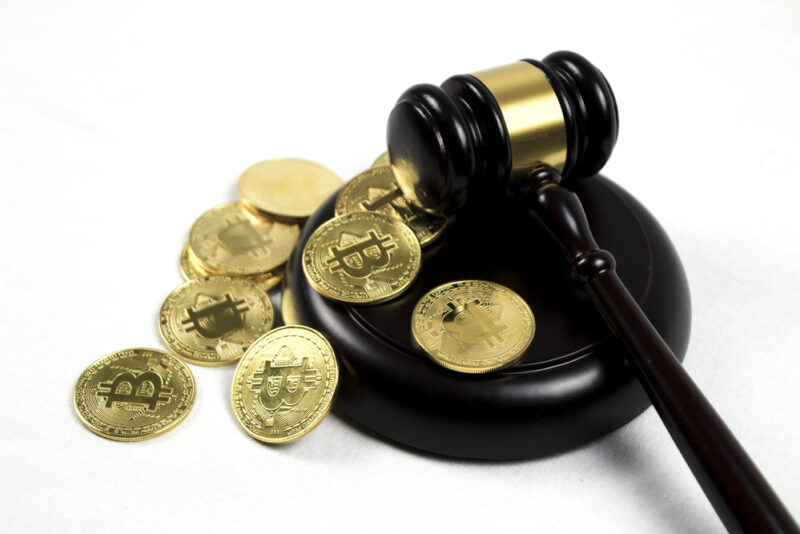Craig Wright, the guy who claims to have created Bitcoin, does not have to hand up half of his alleged crypto stockpile, which is valued at more than $50 billion, according to a jury. The court case has sparked a lot of interest in the Bitcoin world because if the court had forced him to, he would’ve had to transfer his Bitcoins, which is something only the genuine Satoshi can do.
If the name Satoshi Nakamoto sounds familiar, it’s because it appears on the first whitepaper describing how Bitcoin functions. While Satoshi is a well-known moniker in Bitcoin circles, Nakamoto’s identity is still not established to this day — we don’t even have an indication of whether it was a group of people or a single person. While Craig Wright has often claimed to be Satoshi, numerous experts believe he hasn’t offered any evidence to support his claim.
Establishing that a pseudonymous currency belongs to a pseudonymous individual is challenging to say the least; however, early on, someone gathered a hoard estimated to be worth between 750K and 1.1 million Bitcoin, and it’s believed that only Bitcoin’s creator could have done this. When Bitcoin was first established, the coins were among the first to be mined on the blockchain, at a time when you could mine on a personal computer rather than specialist equipment.
These Bitcoins were at the center of the lawsuit, which began in 2018 when Wright was sued by the family members of a deceased previous colleague. Those family members agreed that Wright was engaged in the invention of Bitcoin but stated he wasn’t alone. They said that a person named Dave Kleiman assisted Wright in the invention of Bitcoin, and so the estate was entitled to half of Satoshi’s hoard.
The court case drew so much interest because, once again, much of the Bitcoin community is convinced that Wright did not invent the cryptocurrency — and there was the tantalizing likelihood that the court would force Wright to prove his possession of the cryptocurrencies during the trial, or that if he was instructed by the authorities to pay half of them to the Kleiman family, he would need to cash them, meaning proving ownership.
While the trial was a wild ride, with the judge essentially calling Wright a liar and accusing him of attempting to use fabricated documents as evidence, there were times where Wright was challenged to show beyond a reasonable doubt that he was Satoshi Nakamoto. According to Bloomberg, Wright believes that the trial showed he founded Bitcoin, but the “years-long litigation in Florida has done little to quiet the skeptics.”
The jury was not asked to decide if Wright was indeed Nakamoto, as per sources. However, it was tasked with determining whether Kleiman and Wright had a business arrangement that would allow the Kleiman estate to get any profits gained by Wright if he truly invented Bitcoin.
However, the story is far from over: a jury has ordered Wright to pay $100 million to W&K Info Defense Research, a corporation he co-founded with Kleiman (the jury claims he infringed on the LLC’s intellectual property rights). It’s not easy to come up with $100 million, so seeing a stack of Bitcoin (about 2,000 crypto coins at today’s values) move from the addresses usually linked to Nakamoto might establish what the courts couldn’t. Wright has also reportedly mentioned that now that he has won the case, he is going to donate the majority of his Bitcoin money to charity.
While many people in the crypto world wouldn’t wager a single Satoshi on it occurring, it’s difficult to predict what might happen to Bitcoin’s price if it did. Someone shifted 50 of the 2009-vintage Bitcoins that Wright claimed were his in May 2020, sparking a small market panic that cost the Bitcoin market cap over $6.5 billion.
Even though the digital coins were most likely not Satoshi’s, the transfer had such an impact – imagine if any of the 1.1 million BTC stockpiles started moving or, worse, was sold in bulk. It would be insane to see the stock ticker go up or down, regardless of what direction it moved in.
WeInvests is a financial portal-based research agency. We do our utmost best to offer reliable and unbiased information about crypto, finance, trading and stocks. However, we do not offer financial advice and users should always carry out their own research.
Read More













